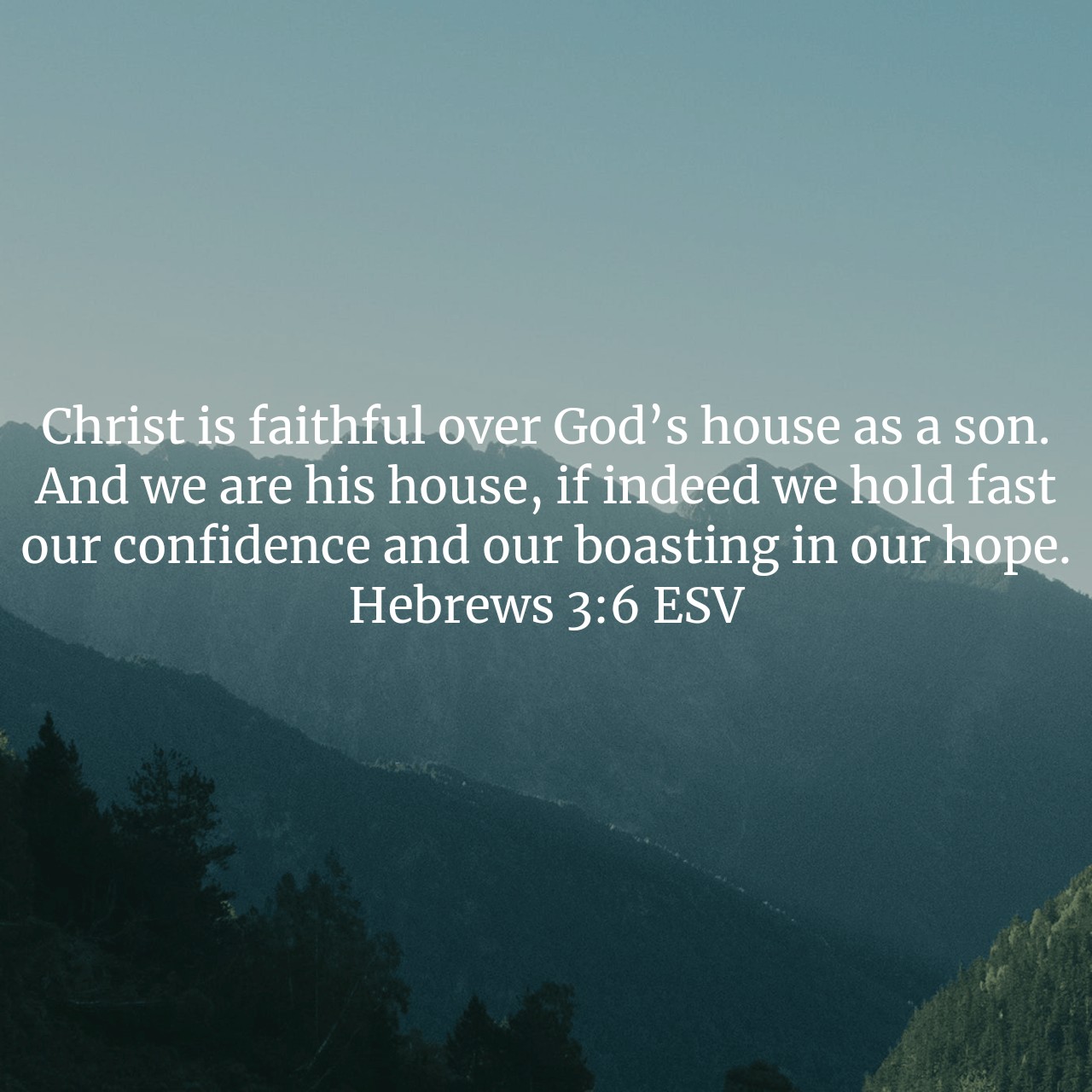Devotional 06 June 2025

To many today, the idea that Jesus is greater than Moses seems obvious. But to the original audience of Hebrews, this was monumental. Moses wasn’t just a prophet, he was THE prophet. The Law of God was often spoken of as the Law of Moses (Nehemiah 8:1, 8). Moses stood before Pharaoh as God’s voice and was told by the Lord, “You shall be as God to him” (Exodus 4:16). He was a mediator, a shadow of something greater.
But Hebrews reminds us: Moses was a servant in the house, Jesus is the Son over the house. Moses reflected God’s glory from Mount Sinai, but it faded (2 Corinthians 3:7, 13). Christ is the radiance of God’s glory (Hebrews 1:3), and His glory does not fade, it transforms (2 Corinthians 3:18).
Moses delivered God’s Word; Jesus is the Word made flesh (John 1:14). Moses was barred from the promised land for disobedience (Numbers 20:12), but Jesus was perfectly obedient, even to death on a cross (Philippians 2:8). He is not “as God,” He is God (John 1:1; Colossians 2:9).
The Old Covenant served a purpose, but it was temporary, pointing us to the One who brings a better covenant (Hebrews 8:6). Now that Christ has come, the veil is lifted, and we see clearly. So we don’t cling to shadows, we hold fast to Christ.
And since we have such a hope, we are very bold (2 Corinthians 3:12). Bold in truth. Bold in grace. Bold in glory that will never fade.